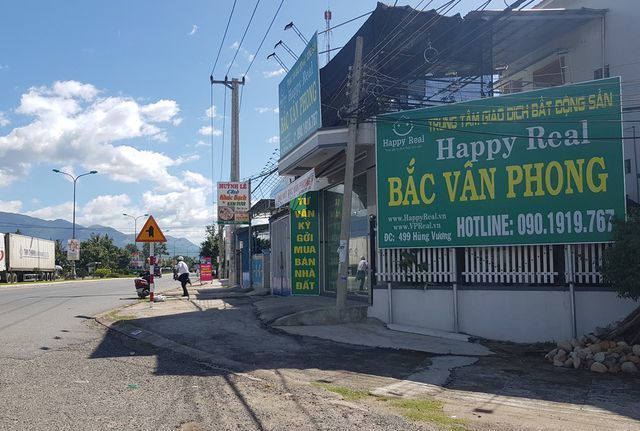Policies affecting real estate in 2018
Policies affecting real estate in 2018
2018 is considered a volatile year for real estate. Accordingly, the market in Ho Chi Minh City and Hanoi and many other provinces have made positive changes and the profits of real estate enterprises have soared. In the same year, the real estate market faced many challenges when a series of new policies were issued.
In early 2018, many real estate enterprises voiced their reaction to the policy of tightening real estate loans of the State Bank after Official Letter No. 563 / NHNN-TTGSNH. Accordingly, the capital of banks must give priority to production and business instead of real estate as before. In addition, banks must also review and track the progress of real estate projects, customer financial capacity, credit and security assets to take appropriate measures. In this context, many real estate enterprises said that the lending rate in 2018 has dropped very low, ranging from 30 to 50% compared to before. While real estate lending interest rate is 12% / year for medium-term loan, long-term loan is from 12.5% / year.
Also related to credit issues, the provision of piloting bad debt treatment will create conditions to re-start real estate projects which are assets to ensure bad debts are being stopped. However, when transferring projects, they must meet 4 conditions, including: projects approved by competent state agencies; having a decision on land allocation or land lease by a competent state agency; the project has no dispute over land use rights; there is no decision on project revocation and land acquisition by competent authorities.
In addition, the regulation that enterprises are required to own 100% of residential land also makes real estate businesses fall into difficult situations, namely that there is no land available for project implementation. In response to the enterprises' reports, the HCM City People's Committee held a meeting and received comments on this issue as well as proposed a solution for the real estate enterprises in particular and the real estate market in general. .
Until the middle of June 2018, the Government agreed with the Standing Committee of the National Assembly to submit to the National Assembly for consideration to reverse the passage of the Special Economic - Administrative Unit Law or the special zone law. 6th session - end of 2018 to have more time to research and improve. In particular, there is a 99-year land allocation rule that experts and the community are concerned about. And so far, this content has not yet had a unified plan. Open 2.3 more lines of this impact.
Back in Ho Chi Minh City, the City Real Estate Association said, the market in 2018 suffered a serious decrease in supply by influencing many positive and negative factors in the general context. The number of newly built projects increased but the number of apartments offered for sale decreased by more than 1/3 compared to 2017. 2018 was also considered the year when Ho Chi Minh City had many policies affecting the real estate market. Among them, the city will not build high-rise buildings in District 1 and District 3 in July and recall 180 suspended projects issued at the end of the year.
As can be seen, the policies have a great impact on the real estate market in general and businesses and the psychology of individual investors and customers in particular. But the outstanding policies in 2018 are not any policy, which positively affects the market.
CafeLand






